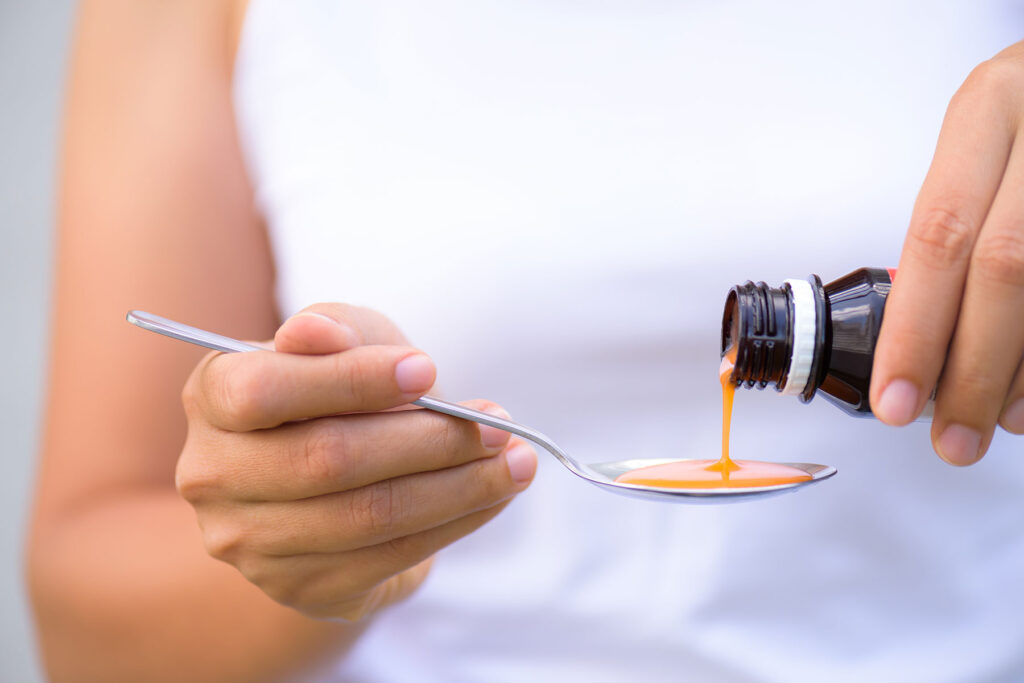Some dangerous drugs are made from legal ingredients that make their access much easier. One of these is called lemons or lemon drops. But what is a lemon drug slang for? Find out about this and get help by turning to addiction treatment programs like those we offer at Promises. Call us 844.875.5609 today.
What Is Lemon Slang For?
You may have heard the term “lemon” or “lemon drop” used, but what is lemon slang for, and what is a lemon drug? Slang terms for different drugs are varied, but lemon is the slang term for a mixture of dextromethorphan (DXM) and lemonade powder, as well as paint thinner or lighter fluid.
Problems That Can Arise When Using Lemon
Lemon is a psychedelic drug mixture that can lead to hallucinations, while the consumption of paint thinner or lighter fluid can lead to poisoning.
DXM itself is dangerous when consumed in large quantities. It can cause:
- Increased heart rate
- Agitation
- Elevated body temperature
- Nausea
- Vomiting
- Impaired motor function
- High blood pressure
Lemon or lemon drops can be deadly when mixed with other substances. Because you can build tolerance to the drug quickly, your body requires more of it to feel the same effects. This puts you at risk of overdosing on the drug, which can be fatal.
Overdose Signs
Signs of an overdose include:
- Extreme drowsiness
- Shallow breathing
- Convulsions
- Dizziness
- Severe changes in blood pressure
- Blurred vision
- Blacking out
- Heart palpitations
- Bluish tint to the lips and fingertips
To avoid the dangers that this mixture of substances poses, the best thing you or your loved one can do is turn to an addiction treatment center.
Treating a DXM or “Lemon” Addiction
The treatment of any substance use disorder has to begin with a safe detox process. Medical detox is the right option for most people, which means relying on a professional treatment program for help. Medical detox services help you remove the drug from your body without suffering the severe withdrawal symptoms that can be common.
Once you’ve completed the detox process, you have the choice of entering an inpatient or residential treatment program or opting for an outpatient option.
Residential Treatment
A residential program offers the highest level of care. You stay on the premises for many days and receive hours of group and individual therapy sessions to help address the underlying cause of the addiction. Group therapy can also help you understand that lots of people are dealing with similar issues.
Some people may not be able to turn to residential programs because of family or work responsibilities. If that’s the case, you have a number of outpatient options to choose from.
Partial Hospitalization Program
Partial hospitalization programs allow you to receive a high level of care while still being able to go home each night. You get many hours of individual and group therapy sessions, along with family therapy, to help your loved ones get the help they need. Family therapy can be a good way of rebuilding trust that has been damaged by addiction.
Intensive Outpatient Program
The next level down from a partial hospitalization program is an intensive outpatient program. This option offers fewer treatment hours and focuses on helping you return to a healthy way of living and being independent.
Traditional Outpatient Care
Standard outpatient programs offer the most freedom while still providing therapy sessions and an introduction to 12-step programs and other support groups. Keep in mind that outpatient programs work best for people who have a safe home environment and have support from loved ones as they go through recovery.
Promises: Start Addiction Treatment Today
No matter what kind of substance use disorder you have, there’s help available. By turning to Promises, you can get the care you deserve to get back to sober living. Contact our team right now at 844.875.5609.

